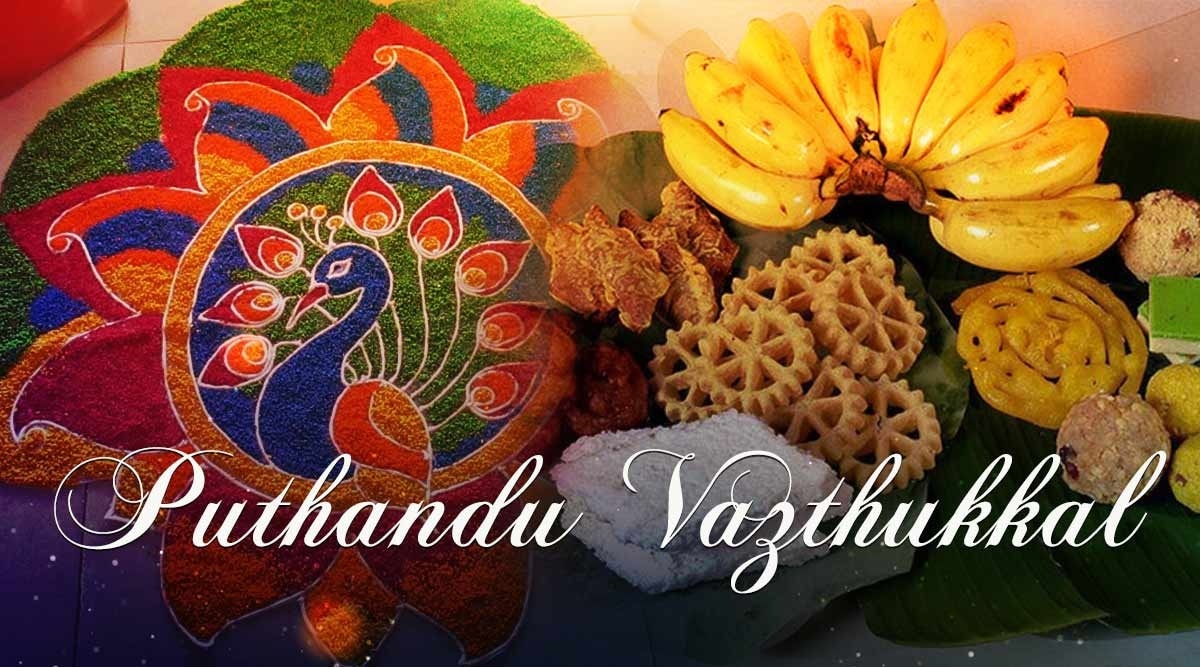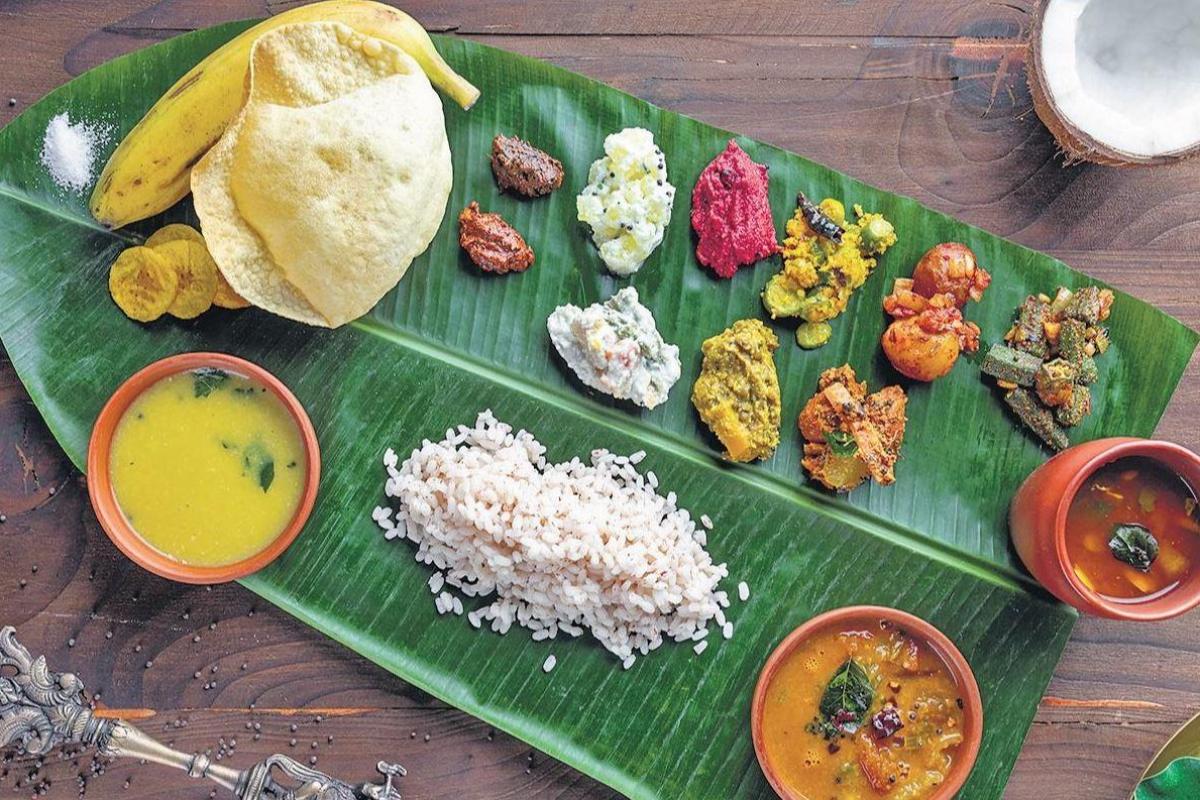Puthandu or Tamil New Year is one of the most important and widely celebrated festivals in Tamil Nadu, a state located in the southern part of India. The festival is celebrated on the first day of the Tamil month of Chithirai, which falls in mid-April. Puthandu is not just a festival but is also an occasion to mark new beginnings, new hopes, and new aspirations.

Puthandu is a time for people to come together, forget their differences, and celebrate the beauty of life. The festival is marked by a series of rituals, traditions, and cultural performances. The day starts with the preparation of the traditional dish called “Maanga Pachadi,” which is a mixture of different flavors representing the different emotions of life – sweet, sour, bitter, and spicy. This dish symbolizes the importance of accepting life with all its ups and downs.
The festival is also marked by the decoration of houses with colorful rangolis, and the wearing of new clothes. People also visit temples to seek the blessings of the deities, and offer prayers for a prosperous year ahead. It is believed that on this auspicious day, Lord Brahma, the creator of the universe, began his creation, and hence, the day marks the beginning of a new era.
Apart from the traditional rituals, Puthandu is also an occasion for people to indulge in various cultural activities such as music, dance, and drama. The day is marked by traditional performances such as the Villupattu (a form of storytelling through music), Kavadi Attam (a dance form where people carry decorated structures on their shoulders), and Poikkal Kudirai (a form of dance where people dress up as horses).

In conclusion, Puthandu is not just a festival, but it is an experience that one must witness at least once in a lifetime. It is a festival that celebrates life, new beginnings, and the joy of living. If you ever get the opportunity to visit Tamil Nadu during Puthandu, make sure you immerse yourself in the festivities, the food, and the cultural performances that make this festival so unique and special. Happy Puthandu!